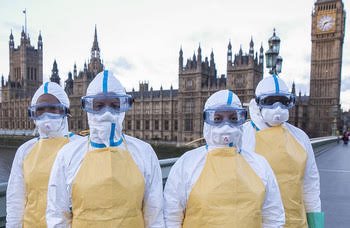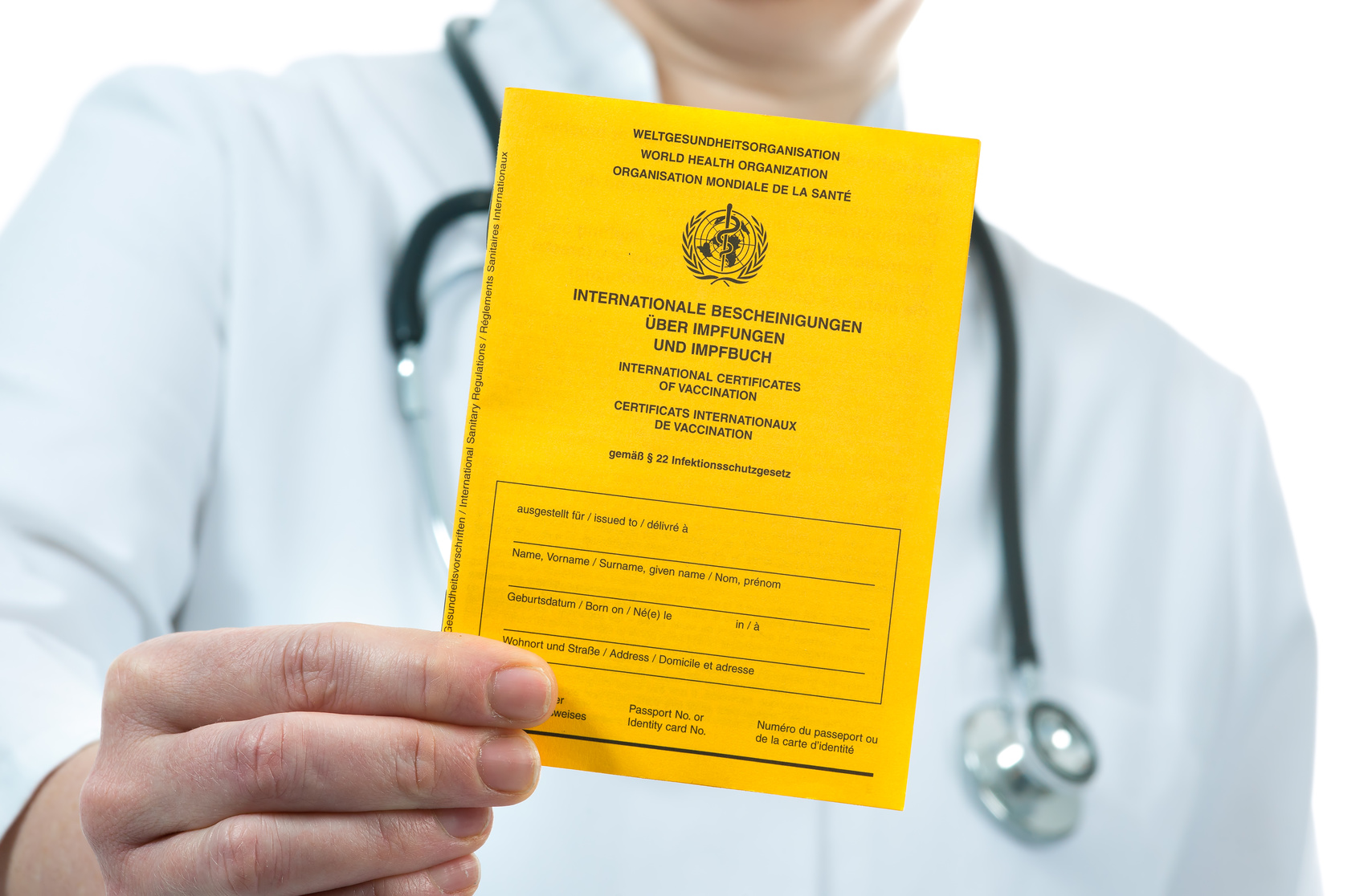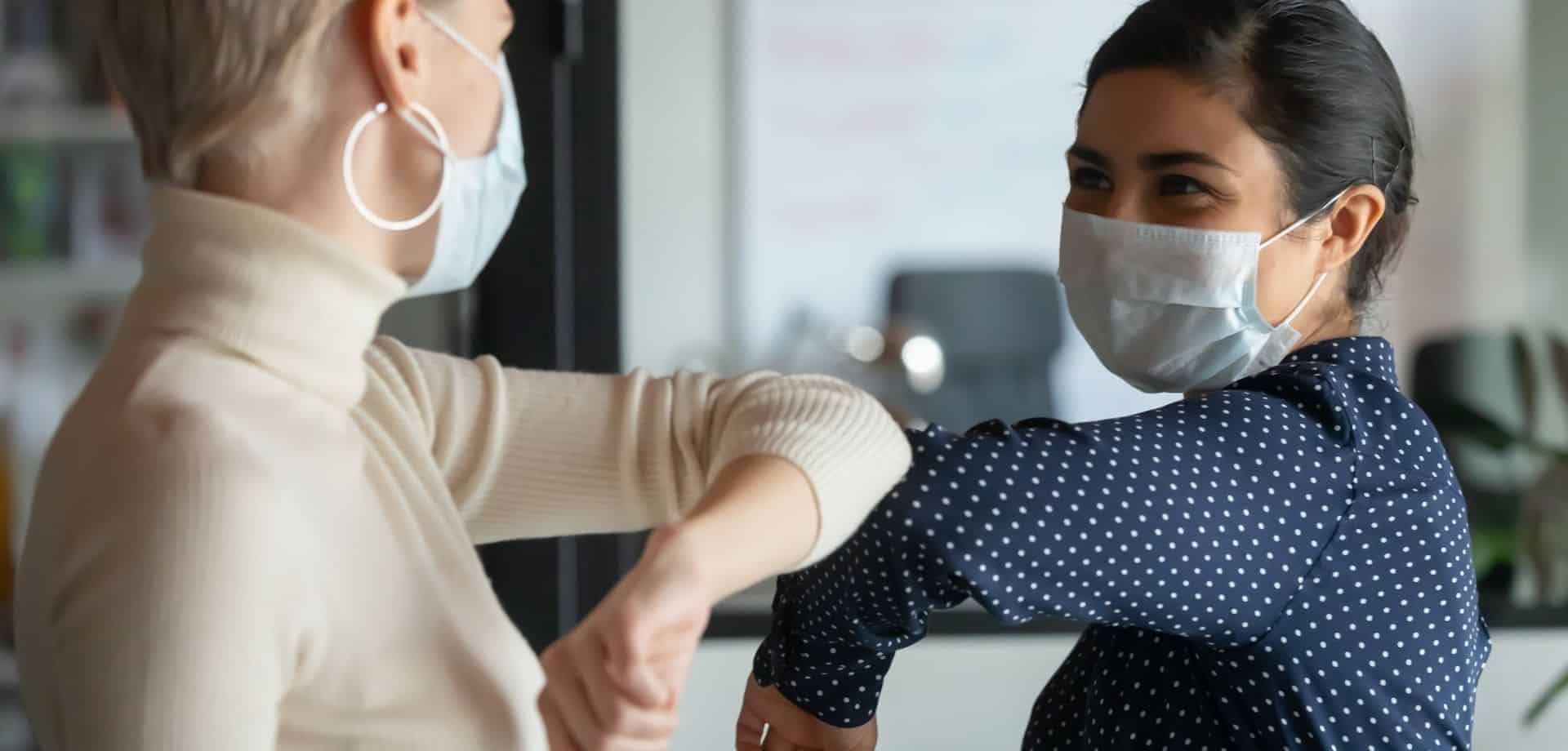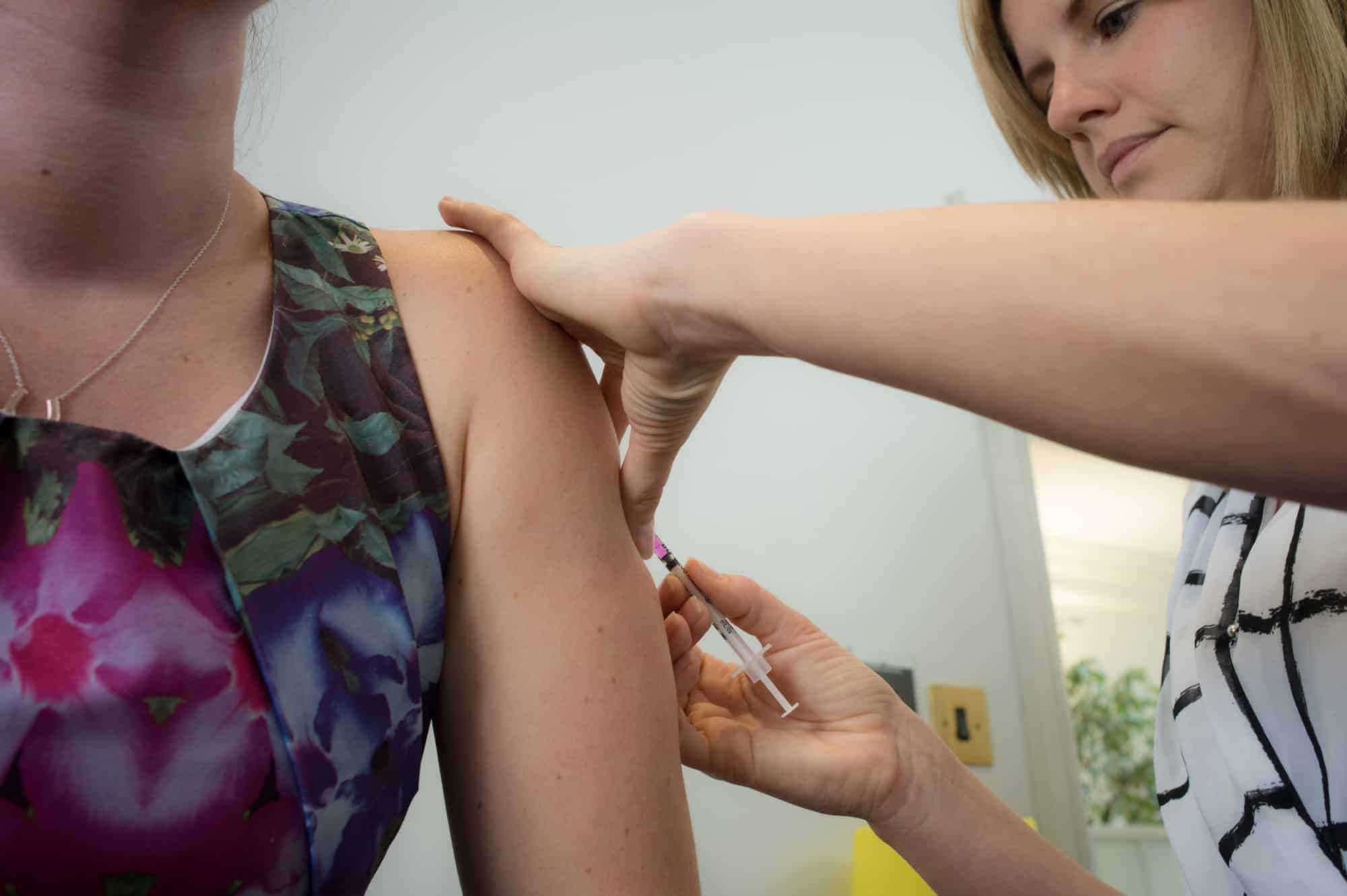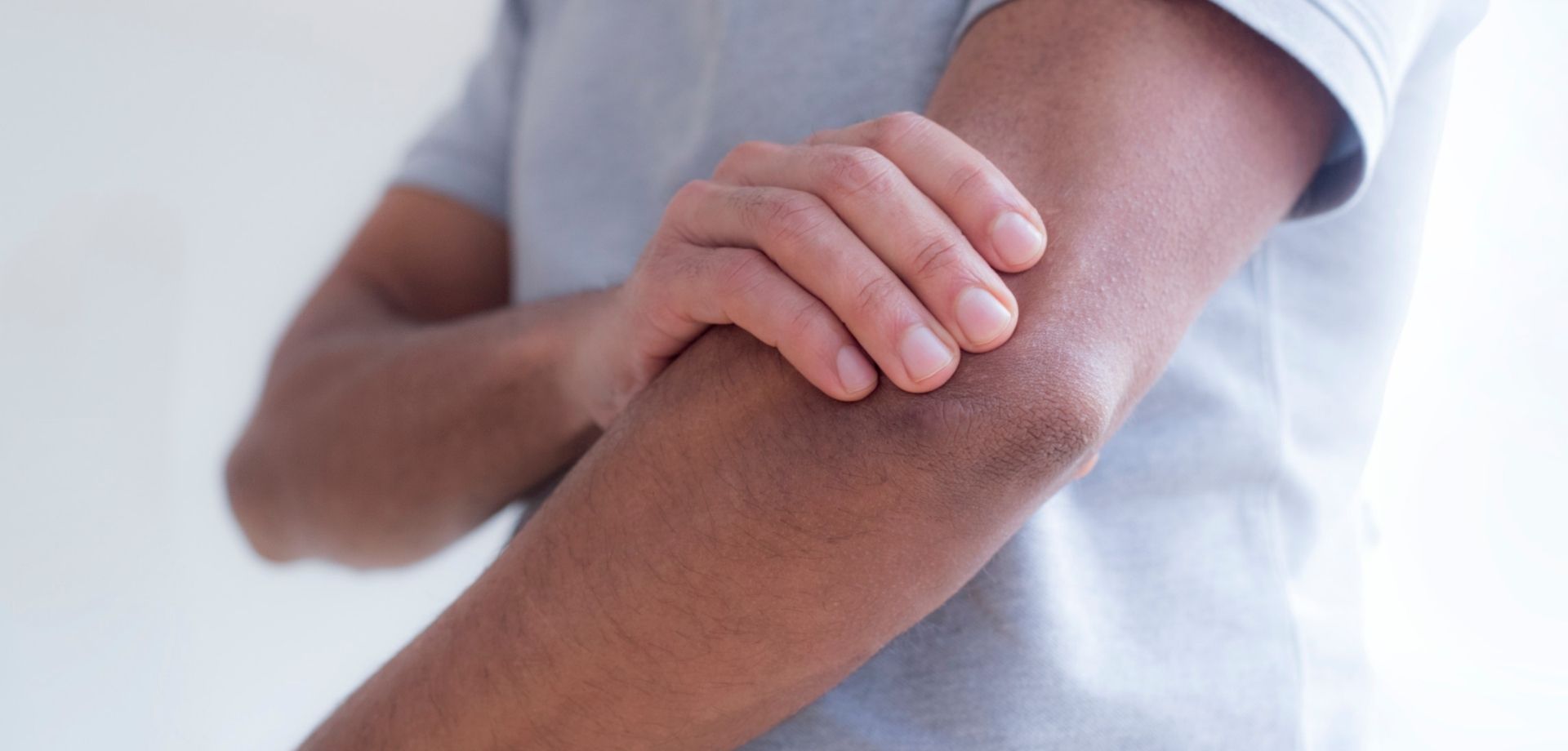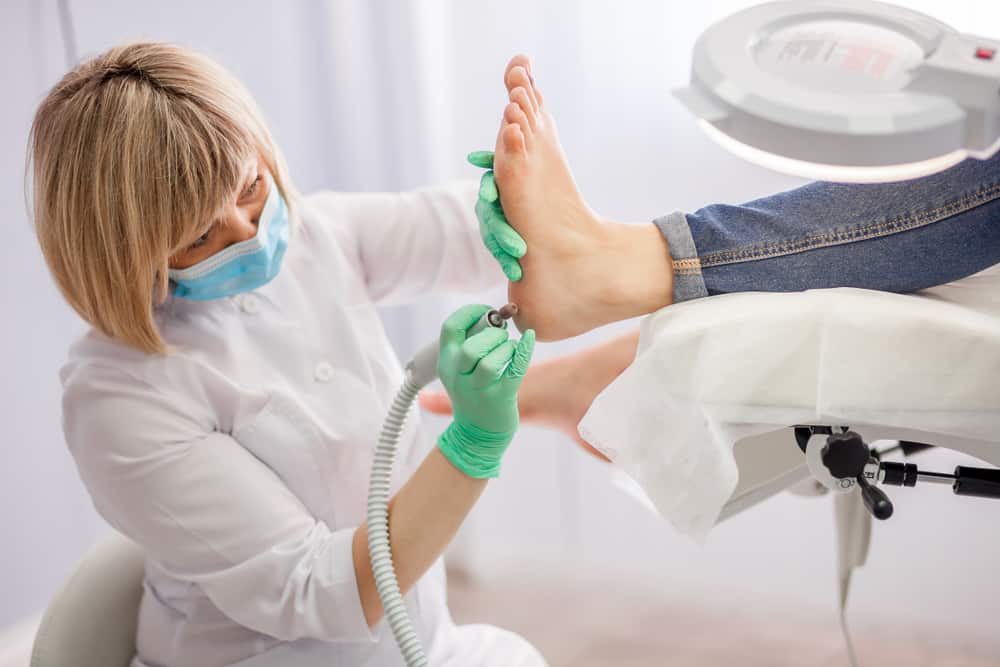Will you be traveling to Rio de Janeiro to attend or work on the Rio 2016 Olympics and Paralympics games? It is a common phenomenon for people to focus heavily on attending or working at the Olympics – then having to spend much of their time seeking medical care, having to leave early, or even be hospitalised, for a problem that should have been resolved prior to travel.
Take a moment to review our travel health checklist for Rio 2016 to help keep you enjoying your time at the games!
Before you go:
>>Come and see us four weeks before you depart – don’t forget to bring along a record of any past vaccines you have received.
1. Vaccinations
Routine vaccines should be up to date.
- Diphtheria/Tetanus/Polio (within past 10 years)
- MMR
- Possibly pneumococcal vaccine for adults aged over 65
- Chickenpox (varicella) – CDC recommended as these are routine immunisations is USA
- Whooping Cough (Pertussis) – CDC recommended as these are routine immunisations is USA
Travel vaccines: The following travel vaccines may also be recommended for your trip:
- Hepatitis A
- Typhoid
- Hepatitis B –
- Yellow fever (certificate NOT required for entry – may be required by other countries for onward travel)
- Rabies
- Flu (Southern hemisphere strains – ask us for details)
While you are there:
2. Insect-borne diseases
Dengue, chikungunya and Zika are mosquito-borne virus infections that cause rash, fever, joint and muscle aches, and eye pain or conjunctivitis.
Malaria
Rio de Janeiro is malaria-free, with no risk of yellow fever at present.
If you will be travelling to the Amazon basin or other places in South America that have a risk of malaria, you may need to take preventive medication.
Preventing insect-borne diseases
Vaccination gives long term protection against yellow fever and malaria medication is an important precaution if you are at risk.
Bite avoidance is the best available approach.
Preventing bites
Reduce your risk of dengue, chikungunya, Zika, yellow fever and malaria by doing all you can to reduce the numbers of bites. Disease-carrying mosquitoes bite during the day as well as in the evening and at night:
- Cover up
- Using plenty of DEET-containing insect repellent
- Wear clothing impregnated with permethrin when working in the open
- Using mosquito nets or plug-in killers in your room at night
- Using our Ultimate Bug Kit.
3. Food and water safety
Gastro-intestinal illness is by far the most likely problem that visitors to the Olympics will encounter. On a recent 8-week stadium tour of South America, up to 40% of tour members experienced travellers’ diarrhoea. Hot, crowded conditions and a “mass gathering” environment add to the risk: it is very important to take extra care with food hygiene.
It is worth investing in a gastro medical kit which contains all the necessary medicines should you get sick at any point during your travels.
4. Sun and heat exposure
- Cover up & wear a hat
- Good quality sunglasses
- Stay well hydrated – even more important should you become ill with travellers’ diarrhoea.
- Use plenty of high SPF sunscreen (Apply insect repellent after sunscreen; reapply both regularly).
5. Sexually transmitted infection
There are very high rates of sexually transmitted infections, blood-borne infections, and HIV. Avoid putting yourself at risk, or travel with appropriate barrier contraception.
6. Personal security and safety
This has been a real problem in Rio in the past, and in other parts of Brazil: be alert to the risks. According to the FCO, “Crime levels are high. Violence and crime can occur anywhere and often involve firearms or other weapons. You should be vigilant, particularly before and during the festive and carnival periods.” Visiting favelas is not advisable.
Rape and other sexual offences against tourists are rare, but there have been attacks against both men and women. Some have involved ‘date rape’ drugs. Buy your own drinks and keep them within sight at all times.
Brazil has a high road traffic accident rate and a zero tolerance policy on drink driving. Always wear seatbelts.
7. Medical kit
Pack a travel medical kit. Include all prescription and over-the-counter medicines you rely on using at home – medicines you take only occasionally as well as regularly (most medicines are easily available in Brazil but are packaged in Portuguese with much scope for confusion). Take first aid items. Include medicines for travellers’ diarrhoea (oral rehydration solution,nausea medication, loperamide, antibiotics). Take insect repellent, plug-in mosquito killers, and permethrin. Consult us for further advice, or to provide bespoke supplies. See more about our kits here.
8. Local medical care
Public hospitals provide free emergency care but are not recommended. English is not widely spoken, you may need an interpreter. Many private hospitals offer a very high standard of care.
Recommended hospitals:
- Hospital Samaritano
- Hospital Pro Cardiaco
- Americas Medical City
The emergency ambulance number is 192.
There are no reciprocal health agreements in place so comprehensive travel insurance is essential. We recommend membership of the Blood Care Foundation, available at very low cost, to guarantee access to safe blood for transfusion.
9. Getting there (and back): Flying and DVT
The direct flight time from London to Rio is approximately 12 hours: consider the risk of DVT, wear comfortable non-restricting clothing for the journey, keep well hydrated, stretch and move frequently, and don’t take sleeping pills or excessive alcohol if the journey will be spent in an upright, seated position. Consider wearing compression stockings. If you have any increased risk factors for DVT, talk to us about further steps that may be advisable.
Use our free calculator to see your DVT level of risk by clicking here.
After your return home
10. Post Travel Health
Report symptoms (e.g. fever, flu-like illness, rash, continuing diarrhoea) promptly, seek medical advice.
Don’t forget to mention your time in Brazil to anyone looking after you, if you need medical attention for any reason up to one year following return home.
If you need a pre-travel consultation, or have a health concern following a trip abroad, you can book an appointment online.
Further advice:
Centers for Disease Control & Prevention (US advice): http://wwwnc.cdc.gov/travel/notices/alert/2016-summer-olympics-rio
National Travel Health Network & Centre (NATHNAC) UK: http://travelhealthpro.org.uk/olympic-and-paralympic-games-2016-brazil/
Health Protection Scotland: http://www.fitfortravel.scot.nhs.uk/advice/general-travel-health-advice/rio-2016-olympicparalympic-games-brazil.aspx
European Centre for Disease Prevention and Control: http://ecdc.europa.eu/en/publications/Publications/Risk-assessment-mass%20gathering-Rio-2016-10May2016.pdf
Lancet Infectious Diseases: http://www.thelancet.com/journals/laninf/article/PIIS1473-3099(16)30069-X/fulltext
Blood Care Foundation: http://www.bloodcare.org.uk
Foreign & Commonwealth Office: https://www.gov.uk/foreign-travel-advice/brazil/safety-and-security













